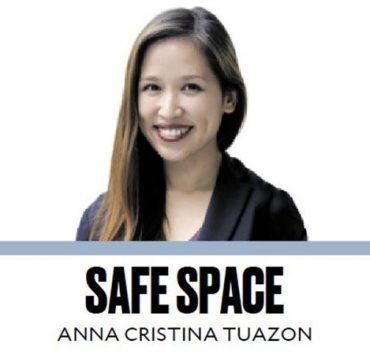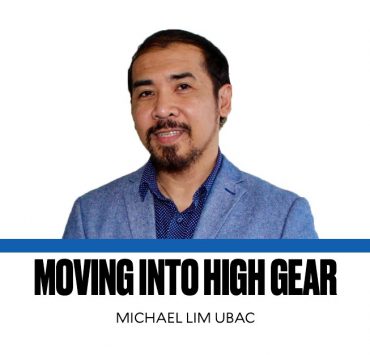Doctors turned mercenaries
The spirit of the Hippocratic Oath, an oath of ethics that doctors take before they formally engage in their profession, is under public scrutiny today.One version of the oath reads: “I shall work with my profession to improve the quality of medical care and to improve the public health, but I shall not let any lesser public or professional consideration interfere with my primary commitment to provide the best and most appropriate care available to each of my patients.”
From the point of view of some pharmaceutical companies, that expression of professional fidelity is personal to the doctors. How they want live up to that pledge (or whether to consider it as a routine exercise) is hardly the companies’ concern.
Like any other businesses, those companies are organized and operated to give handsome returns on the investments of their stockholders.
To maximize profits, it is standard practice (and common knowledge) that some companies incentivize doctors to prescribe or push for the medicines they manufacture or distribute in exchange for freebies, e.g., expensive gifts, foreign travel, or all-expenses-paid attendance at medical conferences abroad accompanied by their family.
The competition in the pharmaceutical industry must have become very intense that the usual incentives given to doctors to promote certain medicines has taken a new track—multilevel marketing.
Pyramiding-like schemesIn the privilege speech of Sen. Jinggoy Estrada last Monday, he denounced Bell-Kenz Pharma Inc. for engaging in pyramiding-like schemes to boost its profits.In substance, their marketing strategy involves giving participating doctors who prescribe their medicines an eight percent “rebate” or commission if they meet the monthly minimum sales quota of P2 million.They also receive a “milestone point” for prescribing at least P2,700 of the company’s products to their patients.
At the Senate committee hearing, Bell-Kenz chair and CEO Luis Raymond Go admitted that their company had sponsored doctors’ foreign trips for their continuing medical education and that 50 of their stockholders are doctors, some of whom are from the Philippine Heart Center.He denied the accusation that the company is engaged in multilevel marketing, saying that the checks given to the doctors represented additional discounts for buying medicine from the company.
Ahead of the Senate hearing, Philippine Medical Association president Dr. Minerva Calimag called on the organization’s members to actively disclose any financial relationships or conflicts of interest with pharmaceutical companies.Conflict of interestShe further said “Such transparency is essential and ensures that our clinical decisions remain unbiased and patient-focused.”It does not take a lot of brains (or four years of a pre-med course, four years of formal medical education, and several years of residency training) to understand that a conflict of interest arises when a doctor gets the opportunity to earn more if he or she prescribes to his or her patients medicines from a company that would give something extra for making that prescription.
No doubt, that expected financial gain could influence his or her decision on what medicines to prescribe (branded or generic?); if branded, from what manufacturer or distributor should they be sourced, and their dosages.
If prescribing branded medicines whose manufacturer or distributor offers valuable things in return, the temptation to favor those medicines may be difficult to resist.
This is not to excuse the action of doctors who have turned mercenaries for some pharmaceutical companies, but the willingness to make that transition may be attributed to the desire to recoup, as early as possible, the educational and training expenses they incurred.‘Keep up with the Joneses’And if they play their cards well with their benefactor companies, they can look forward to moving up from their existing economic level and get rich quick. This way, they are able to “keep up with the Joneses” or their colleagues who have already made their pile.For financially-challenged doctors, accepting an all-expenses-paid attendance at medical conferences abroad, which invariably includes sightseeing activities, is often looked at as an opportunity to widen their exposure to modern developments in their fields of specialty.
Going after doctors who have tweaked the Hippocratic Code to their advantage is not going to be easy. Unless a patient is brave enough to come out and complain that his or her medical prescription was made based on an “exchange deal” with a pharmaceutical company, that practice will continue. In light of the esteem that the medical profession presently enjoys, the chances of that happening are nil.
The ball is now in Congress to figure out a way to prevent pharmaceutical companies from influencing medical prescriptions without impairing the right of doctors to independently practice their profession.

















